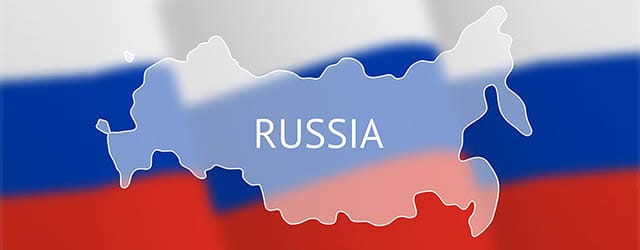Petr Grishin, head of macro research and chief economist for Eastern Europe at VTB Capital, discussed the ruble, oil prices and Russian trade with Global Finance.

Global Finance: The ruble, which plunged against the US dollar in late 2014, is one of the best-performing currencies so far this year, gaining more than 10% from January to April. Why?
Grishin: Everybody agrees that the ruble’s run has been excessive. Our fair value is between 55 and 60 to the dollar at current oil prices ($55 per barrel at the time of the interview). But the momentum seems so strong that it may even rise more before it reverses.
GF: You expect a serious recession this year in Russia (with GDP falling 4% to 5% in 2015). What about
next year?
Grishin: I can easily [see] Russia growing in 2016, but that will depend on fiscal policy. One of the major issues for the country’s economic future is how fiscal policy evolves. Russia will have to look very closely at its spending—on defense, public pensions and other areas. The reserve fund can be quickly depleted. The higher the oil price and the lower the ruble, the longer the government can wait before the reserve fund is depleted. For example, with oil more or less where it is now, and the ruble as well, the reserve fund will be depleted by mid-2016. It is going to a be a tough decision on public spending, and it will have to come from the President, for political reasons. For the first time since Vladimir Putin has been in charge, they are not raising public wages. Since he was elected, this is the first large decline in disposable income (we have 8%).
GF: What about the impact on trade?
Grishin: Retail trade will go down by 10%. On the political side, there will be a decline in approval ratings. I’m not saying the government must spend money. After that big devaluation, the cost of labor fell: Average wages in Russia are now lower than in China. Since Russia has various supply-side bottlenecks, this would be the ideal time to invest. Whenever Russia experiences a massive devaluation, the correction on trade comes from the import side, never the export side. Russia is a rigid economy. It responds to price signals slowly.
GF: In the last months, imports have collapsed. What are your expectations there?
Grishin: There are sectors with a strong link between a decline in imports and a pickup in production. In agriculture, food processing and chemical products, import substitution is apparent. There is also a long-term trend among suppliers in automakers. Local producers are substituting international brands.



